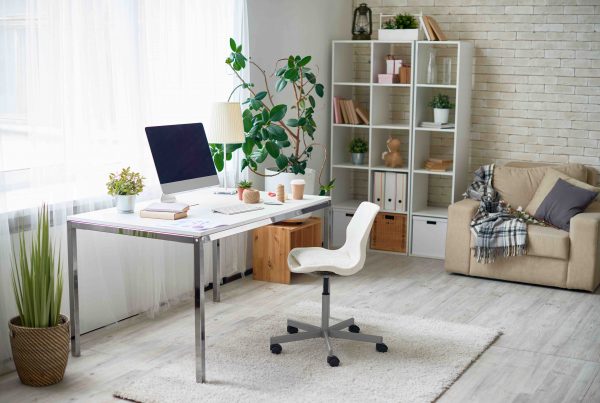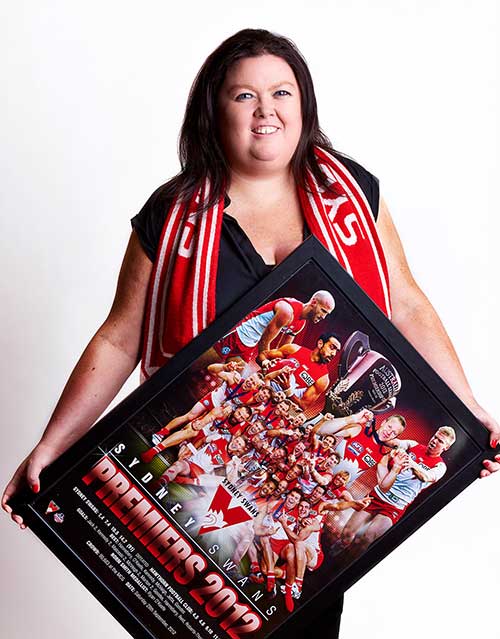Whether you’ve bought your own property or you’re a landlord, offering your own investment property to potential tenants, thinking about the realities of pet ownership is something to consider.
But what pet is right for you and your home?
From guinea pigs to greyhounds, there is a type of pet to suit your style of home.
And for landlords? Deciding whether to make your investment property open to tenants with pets is a big decision – and one that should inspire some extra clauses on your lease agreement and an understanding of the potential risks and potential benefits.
A Pet Is For Life
How to turn a house into a home? For many people, getting a pet is a way to feel comfortable, secure and happy in a property.
But does your lifestyle support all the care that a dog or cat require? Or are you more of a goldfish type of pet owner?
Choosing a Pet For Your Property
Room to Move – Thinking of a dog? They need room to move. If your yard is small or non-existent, it’s possible to still keep a dog but you need to be realistic as it will rely on you for all its exercise and entertainment. How much time can you allocate each day to get the dog out in the fresh air and sunshine – and to take it to the toilet? Small dogs still need sunshine and exercise so think carefully about your lifestyle before deciding a dog is the best pet for you.
Even cats need space – and access to fresh air and sunshine. While your cat may be happy enough to lounge on a balcony, you’ll need to check its safety and make sure you invest in some interesting indoor cat toys to keep it stimulated and happy.
Smaller pets, such as rabbits and guinea pigs, can be kept inside in appropriate hutches – but be realistic about the smell these creatures can create and whether you want your living room filled with the aromas of hay and animal droppings. Kept clean, these can make great pets in small spaces – just make sure they can’t escape.
Pets, such as lizards, fish, mice, and other small animals or reptiles, don’t need much room at all – just a secure, purpose-built enclosure that keeps them safe. Talk to your local pet shop about some pet choices you might not have considered. Smaller pets can be a great way to have an addition to the family without the high maintenance of a larger pet, such as a dog or cat – and it won’t run the risk of damaging your property in any way.
Safe and Sound– if a dog is your number one choice, keeping it secure is paramount – both for your dog’s safety and the safety of other dogs and people in your neighbourhood.
Dogs can roam so they must be kept in yards with secure fencing – and barriers to stop them digging their way out. Do your research on dog breeds that aren’t diggers to save you the stress. Other pets need safe, warm, dry housing, so if your pet is going to spend time in a courtyard, backyard or balcony, make sure it is safe and out of the rain and hot sun.
Fit and Healthy– how much daily exercise will your pet get in your property?
Be realistic: if you’re keeping a dog in a small house or apartment, you need to make time for walks – even when it’s raining outside.
Permission Granted– Are you renting while you save for your own mortgage? In some strata developments and rental accommodation, dogs, cats, or other pets are not allowed. It’s wise to check with your landlord, real estate agent or body corporate – and also think about what will happen if you move on to a new property and still need to find a home for your much-loved pet too.
Time and Space– Dogs are social animals and need company. Even aloof cats love a cuddle and a lap to sit on. If you’re not going to be able to spend a lot of time with your dog or cat, perhaps you should consider having an additional pet, an alternative pet – or not having a pet at all. Dogs that are left outside alone a lot are more likely to bark excessively (and this can annoy your neighbours and get you fined from the local council) or indulge in other destructive behaviour (such as digging up your garden).
All animals need some level of attention – whether it’s simply changing their water each day, cleaning up their messes, or playing with them. And if you love holidaying, take the time to think about who will look after your pets when you’re not there.
There are many options – boarding and house-sitting, for example. Just make sure you are realistic about the costs involved. Pet ownership can be expensive in many different ways.
Type and Temperament– How active are you? Pets can react to your energy and if you are a calm person who is more of a home-body, it’s important to find a pet that suits your personality. Other animals are highly social and need lots of stimulation. If that’s you, perhaps a high-energy dog breed you can take to obedience classes is your perfect pet.
Care and Grooming– Grooming your pets can be time-consuming – and costly. If you are in a home with carpet, you may prefer a smooth-coated dog or cat that won’t shed fur. There are plenty of short-haired dogs and cats to choose from – including breeds that claim not to shed hair at all.
Buying a cat that will like to stretch its claws may not be the smartest choice for you if you have expensive furnishings, such as precious drapes, leather couches or antique rugs.
Pets for You?
- Mice
- Rats
- Reptiles
- Stick insects
- Hermit crabs
- Guinea pigs
- Rabbits
- Fish
- Birds
- Cats
- Dogs
There is a pet for everyone but it might take time to find your ideal match. Don’t rush it – remember, a pet is for life and in the case of a dog or cat that could mean many years.
If you are a landlord, talk to your real estate agent for their advice about whether you should let tenants have pets on your property or not. At the end of the day, it’s your choice, but by talking to an experienced agent and discussing the extra clauses you can put in your lease agreement to ensure any pet-related damage is covered by your tenant, you might find you attract happier, stable tenants who are keen to call your investment property their home – and help you protect your financial investment with pride.
If you need advice for a home loan, business or commercial loan, self-managed super fund loan, or a vehicle or equipment finance loan, speak to a broker at Lending Specialists. We have a wealth of experience under our belt and a robust network to connect you to the right industry professional for the loan you need.










